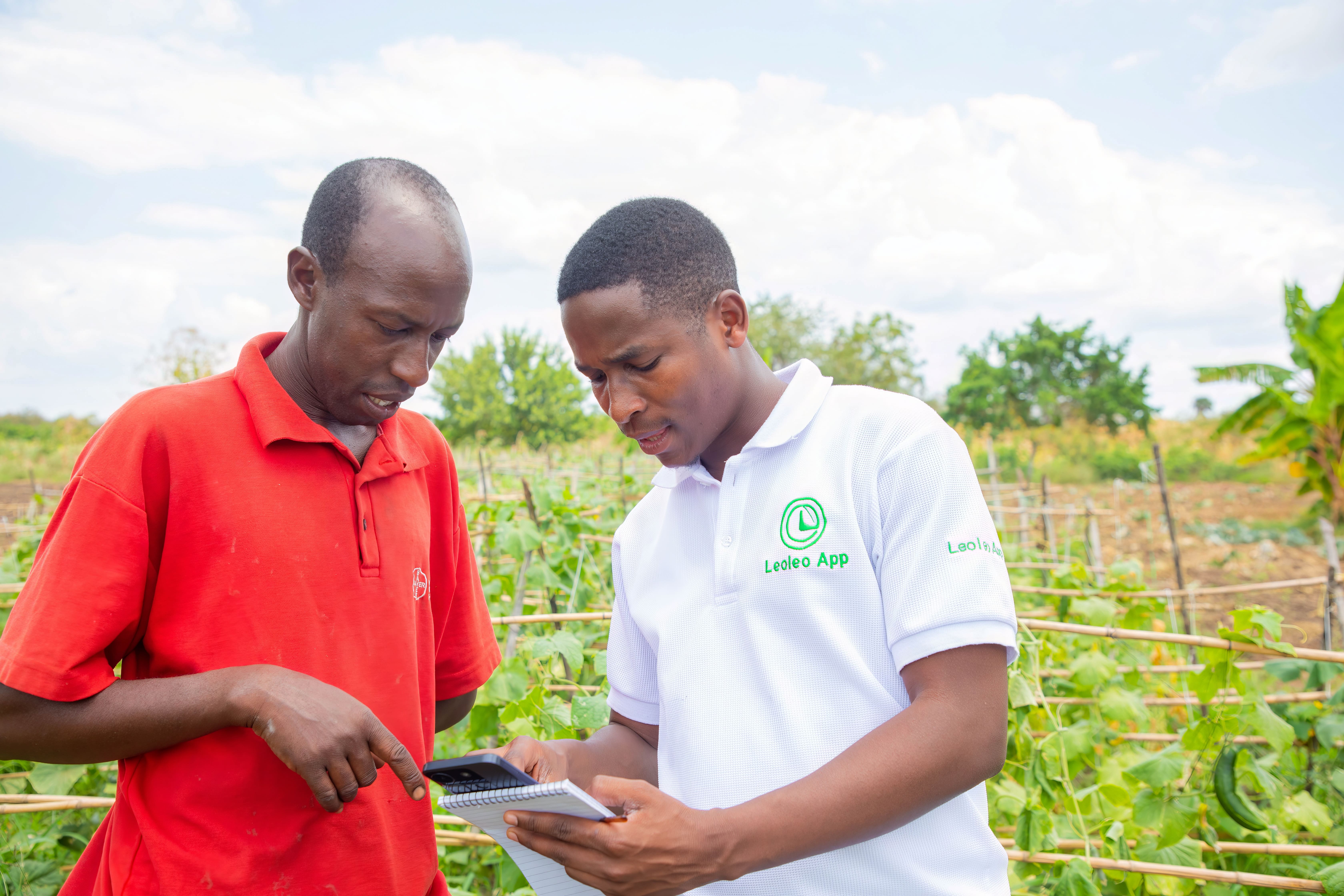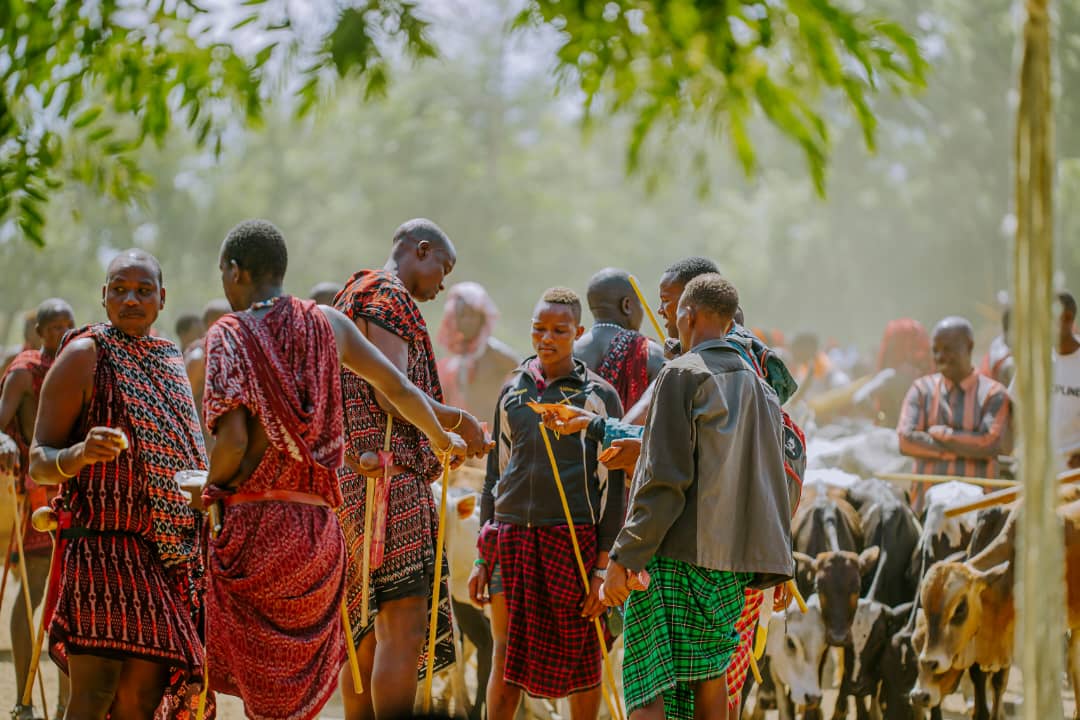When the pandemic hit, Julius found himself overwhelmed not because there wasn’t work, but because there was too much of it. As someone doing digital freelance gigs from home, he was in a rare position. While many of his peers were desperately searching for side jobs to survive the lockdown, he was busy. Too busy. At some point, he began redirecting clients to friends. That moment sparked something deeper: what if there were a way to bridge the gap between people with work and those with skills but no visibility?
This wasn’t a small problem. Youth unemployment in Tanzania stands at nearly 13.4% according to the World Bank, and is even higher among urban populations. Many young people have skills in cleaning, repairs, painting, and freelance content work, but they lack access to clients, digital visibility, or platforms that treat them with dignity. Meanwhile, employers and households often struggle to find trustworthy, verified service providers. It’s a system where the informal sector is overpopulated, yet under-connected.
That’s the gap Mchongoo is closing. Built by Julius and his team, the Mchongoo platform allows service providers, ranging from skilled artisans and fundis to freelance creatives and domestic workers, to register their services, showcase their expertise, receive bookings, and get paid securely. For employers and customers, it means access to verified, reviewed, and fairly priced local talent, without relying on word-of-mouth alone. It’s simple, searchable, and safe.

But building a digital tool for an underserved market isn’t without its barriers. Mchongoo faced critical challenges: delays due to coordinating remote teams, legal and regulatory compliance across regions, and resource limitations that slowed app development and testing. More importantly, they had to confront digital mistrust. In communities where online fraud is a real fear and smartphones are still a luxury, convincing users to sign up, engage, and transact through a platform was a major hurdle.
That’s where Ifakara Innovation Hub stepped in. Through a combination of seed funding, $5,000 in flexible financing, and strategic mentorship, IIH helped Mchongoo move from concept to beta launch. The hub facilitated technical training sessions and user testing processes, brought in experts to review the app’s UX and onboarding model, and supported the team in refining its messaging for regional audiences. With this support, Mchongoo built its first APK, tested the platform in regions such as Dar es Salaam, Zanzibar, Arusha, and Morogoro, and implemented features including CRM-integrated WhatsApp responses, secure payment processing, and user feedback loops.
The team’s traction has been impressive. From launching community pilot programs to hosting public demos at the Julius Nyerere International Convention Centre and Golden Tulip in Zanzibar, Mchongoo has quickly gained momentum. Early data from Morogoro, Arusha, and Dar shows positive reception; users praised the transparency of transactions, secure payments, and the potential to avoid exploitation. The app has now moved beyond beta and is publicly available on the Play Store.
The impact? Service providers who were once invisible are getting gigs. Clients are saving time and gaining trust in a growing network. In Kigamboni, women fundis are onboarding onto the app after digital presence workshops. In Zanzibar, tour guides and taxi drivers have expressed how Mchongoo helps them stabilize their income in a volatile market.
This shift is doing more than helping individuals; it’s changing how entire communities engage with work. In neighborhoods like Kigamboni, where domestic workers and women artisans have historically struggled to gain recognition, Mchongoo is increasing the legitimacy of informal labor. Service work that was once passed quietly through word of mouth is now visible, searchable, and traceable, building a foundation of trust between providers and clients. Vendors are reporting more reliable payments and fewer exploitative negotiations. On the client side, families and businesses feel more confident hiring locally, knowing there's a system to rate and review performance. As Mchongoo’s presence expands, it's creating ripple effects: strengthening digital inclusion, normalizing safe digital payments, and building the early layers of a more transparent informal economy.
The journey hasn’t been without bumps, but Julius and his team are building a solution that evolves with its users. Every update, bug fix, and new partner adds to a growing ecosystem of trust and economic dignity. With support from IIH and generous funders like the Embassy of Switzerland and Fondation Botnar, Mchongoo is not only digitizing how Tanzanians find work it’s reframing what opportunity looks like in the informal economy.
At Ifakara Innovation Hub, we remain committed to solutions like Mchongoo those that grow from real problems, serve real people, and adapt through community feedback. Startups like these don’t just create apps. They build bridges to visibility, self-employment, and equity. They ensure that opportunity isn’t a matter of who you know, but whether your talent can be found.
🎥 Watch how their story unfolds: https://youtu.be/CMnikliAKR4










